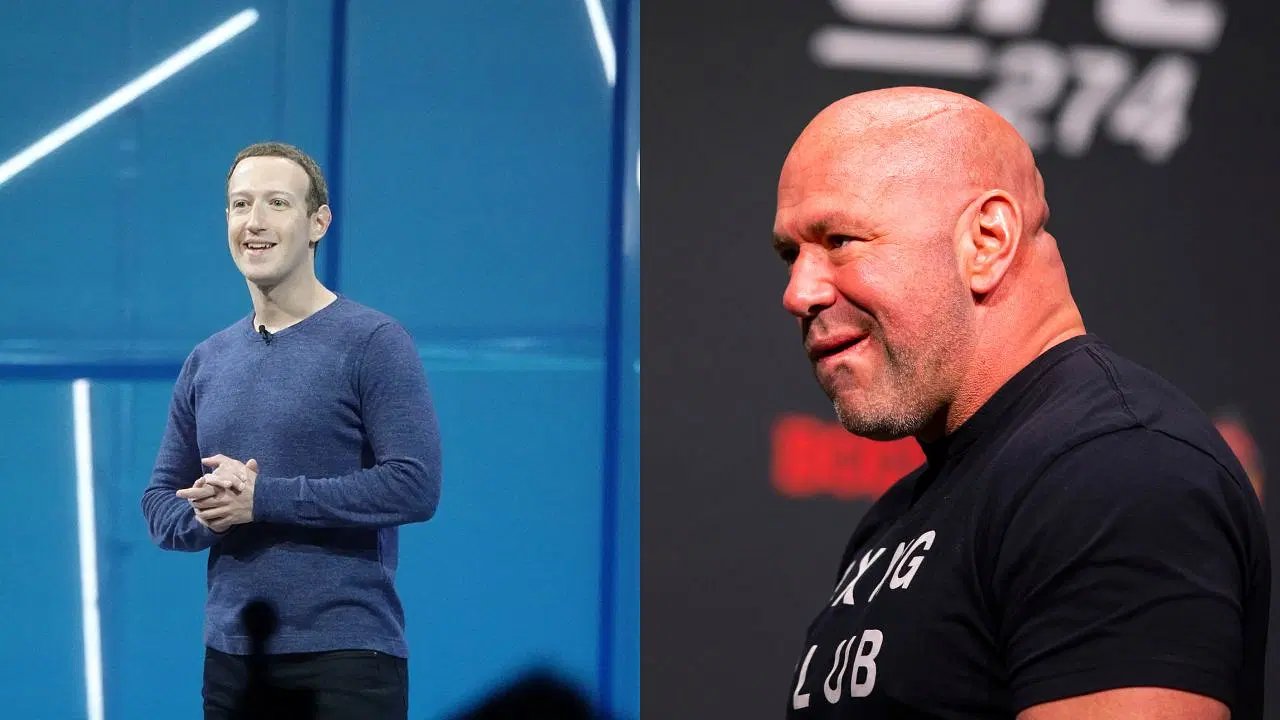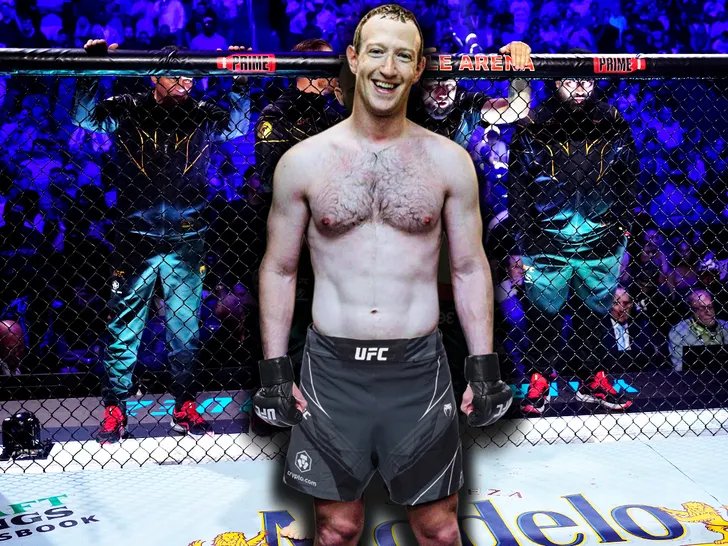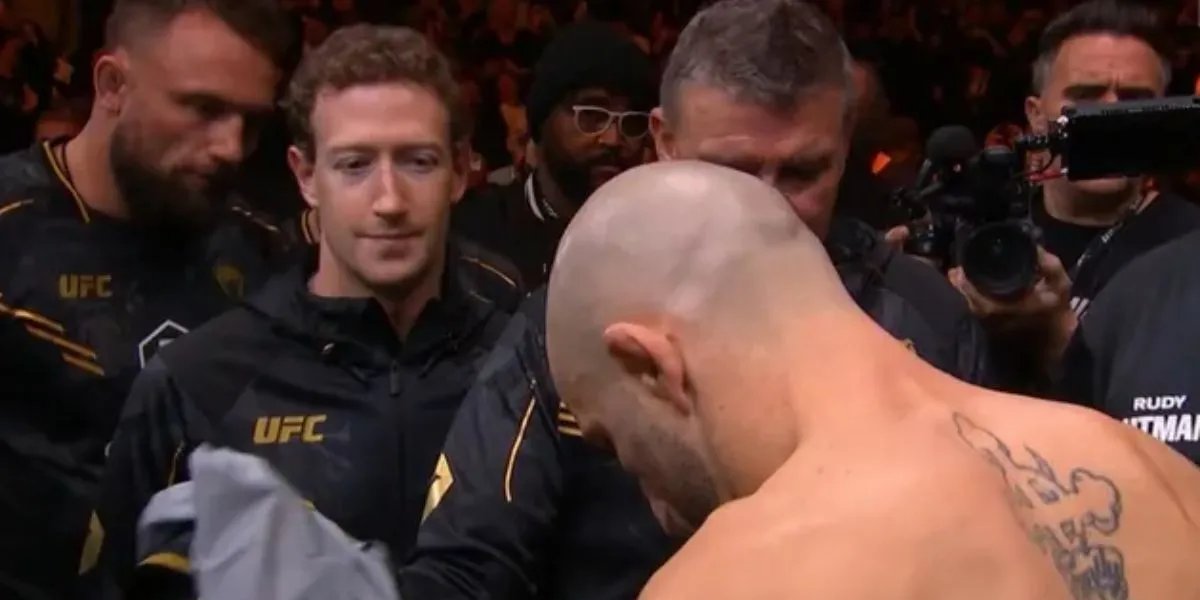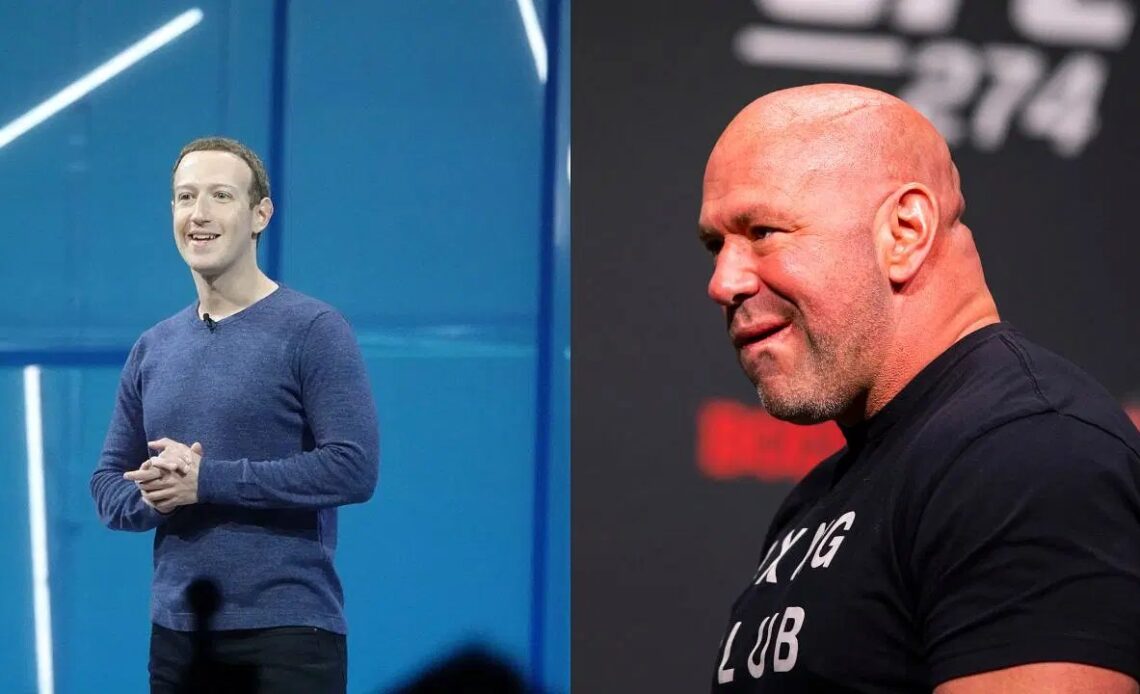The Ultimate Fighting Championship (UFC) has long prided itself on being the pinnacle of combat sports, built on grit, merit, and raw talent. But recent developments involving a high-profile partnership with Meta CEO Mark Zuckerberg have cast a long shadow over that image. What was once considered the people’s sport—unfiltered and unmanipulated—may be undergoing a transformation that has fans wondering whether it’s still grounded in its authentic roots or becoming another high-tech, corporate spectacle.
In a deal that has stunned traditionalists and fueled the suspicions of skeptics, the UFC has opened its doors to Silicon Valley. With Zuckerberg now playing an unexpectedly prominent role behind the scenes, the future of mixed martial arts (MMA) may be heading into unfamiliar territory. This article dives deep into what the deal entails, how it alters the essence of the sport, and why it could be the tipping point that redefines the UFC as we know it.
## The Surprising Infiltration of Big Tech in Combat Sports

To understand the gravity of the situation, we must first look at the growing influence of technology in sports overall. From advanced analytics in football to virtual reality in training regimens, tech has increasingly embedded itself in athletics. However, combat sports—especially the UFC—have maintained a certain rawness that made them stand apart. This has changed with Zuckerberg’s entrance into the cage, quite literally.
In late 2023, Zuckerberg was spotted attending UFC events in a highly controlled, almost private setting. Soon after, he began to train in Brazilian Jiu-Jitsu, posting his progress on social media, and even participated in amateur tournaments. While many initially brushed this off as a billionaire’s midlife hobby, it quickly escalated into something far more strategic.
## The Deal That Sparked Controversy
By early 2024, it was revealed that Zuckerberg, through Meta, had struck a groundbreaking deal with the UFC. The agreement includes:
– Exclusive broadcasting rights of select UFC fights in the Metaverse
– Access to fighter data for enhanced AI-driven performance analytics
– Co-development of VR-based training modules
– Joint ventures for virtual combat sports leagues
While the business potential is enormous, fans and fighters alike are raising eyebrows. What does it mean for the future of real-world combat when its most celebrated league is deeply entangled with a tech conglomerate whose priorities lie in data, algorithms, and immersive experiences?
## The Metaverse Cage: A New Kind of Octagon

Imagine strapping on a VR headset and entering a digitally replicated Octagon to watch fights with photorealistic avatars of your favorite fighters. That’s the vision Zuckerberg is pushing forward. Through Meta’s Horizon Worlds platform, UFC fights are being transformed into 360-degree virtual events. On paper, it sounds like innovation. But at what cost?
Traditional fans argue that this removes the human element—the sweat, the fear, the heartbeat before a takedown. Replacing reality with simulation could fundamentally detach viewers from the visceral essence of MMA. Moreover, it opens the door for manipulation of fighter narratives, altering replays, and even enhancing or downgrading certain fighters’ visibility based on algorithmic popularity.
## Fighter Autonomy: The Hidden Cost of Innovation
One of the lesser-discussed aspects of the UFC-Meta partnership is the access to biometric and performance data. With Meta now having rights to collect, analyze, and distribute fighter data, serious concerns have emerged over privacy and control.
Fighters are not just athletes—they are brands. Their styles, strengths, and weaknesses are what make matchups thrilling. But if this information becomes the property of a tech corporation, it can be used to predict outcomes, manipulate matchmaking, or even promote certain fighters over others for commercial gain.
Moreover, there are questions about data consent. Are fighters truly aware of what they’re signing away? And should a fighter’s heartbeat or cognitive response during a bout be turned into a data point for profit?
## The Spectator Experience: Enhanced or Eroded?

While Meta promises a more immersive fan experience through virtual reality, some critics argue that the raw, unpredictable nature of a live UFC event cannot be replicated digitally. The roaring crowd, the unpredictable knockouts, the emotional post-fight interviews—all risk being reduced to curated, sterilized versions in the Metaverse.
Even more troubling is the idea of fan behavior being monitored and monetized. Watching habits, emotional responses via VR sensors, and social interactions in the virtual Octagon are all up for grabs in Meta’s data ecosystem. Fans may soon realize that they are no longer just spectators—they are the product.
## The Zuckerberg Agenda: Hobbyist or Strategic Visionary?
It’s easy to dismiss Zuckerberg’s involvement as a rich man’s vanity project. After all, he’s been known to dabble in jiu-jitsu and flaunt his interest in fitness. But a closer look suggests something far more calculated.
Zuckerberg has always envisioned the Metaverse as a place where people live digital lives—work, socialize, and now, apparently, fight. By integrating the UFC into Meta’s long-term vision, Zuckerberg is not just aligning himself with a popular sport; he is positioning Meta as the new frontier for global sports entertainment.
This move gives Meta unprecedented access to global audiences, cultural capital, and media rights that transcend traditional boundaries. It’s not just about MMA—it’s about owning the very idea of competition in the digital age.
## The Fans React: Divided and Disillusioned
Unsurprisingly, the fanbase is split. Younger, tech-savvy audiences see this as an exciting evolution of MMA. For them, watching UFC fights in VR while chatting with friends across the globe is a dream come true. But hardcore fans—the ones who stuck with the sport through its lean years—feel betrayed.
They argue that the UFC is no longer about the fighters or the fans. It’s about profit, algorithms, and user engagement metrics. The shift feels less like evolution and more like a hijacking.
Social media is ablaze with debates, with hashtags like #SaveTheUFC and #ZuckOut trending regularly. Petitions are being signed, and popular MMA commentators have voiced concerns about where the sport is headed.
## Fighters Speak Out: Voices from the Octagon

Several current and former fighters have expressed unease about the UFC’s tech entanglements. While some welcome the increased visibility and revenue streams, others worry about the commodification of their craft.
Nate Diaz, known for his authenticity, commented: “This ain’t the sport I signed up for. I fight real people in a real cage, not in some computer game.”
Former champions like Georges St-Pierre and Daniel Cormier have also voiced skepticism, urging the UFC to prioritize fighter welfare over corporate partnerships.
The sentiment is clear: The soul of the sport is at stake.
## The Slippery Slope of Spectacle
Zuckerberg’s influence isn’t just confined to technology. There’s also a creeping sense that the UFC is inching toward becoming more about spectacle than sport. Think celebrity fights, influencer bouts, and scripted promos. The line between entertainment and athletic competition is blurring.
When spectacle outweighs skill, the credibility of the sport suffers. And while spectacle might draw more eyeballs in the short term, it risks alienating the core audience that made the UFC a global powerhouse in the first place.
## What Lies Ahead: Reclaiming the UFC’s Identity
The UFC stands at a crossroads. One path leads to innovation, broader reach, and digital immortality. The other demands a return to the sport’s authentic roots—respecting the fighters, the fans, and the unpredictable nature of real combat.
There may be a way to strike a balance. Technology can enhance training, improve safety, and offer fans new ways to engage—if done ethically and transparently. But when business interests overshadow the sport itself, the very foundation of MMA is at risk.
## Conclusion: A Defining Moment in Sports History
The partnership between the UFC and Mark Zuckerberg is not just another business deal—it is a watershed moment in the evolution of sports. It forces us to question what we value in competition: the spectacle or the spirit?
As fans, we must stay vigilant. As fighters, they must demand respect. And as an industry, the UFC must decide what kind of legacy it wants to leave behind.
Because if the line between reality and simulation is truly crossed, we might never get the real UFC back.
